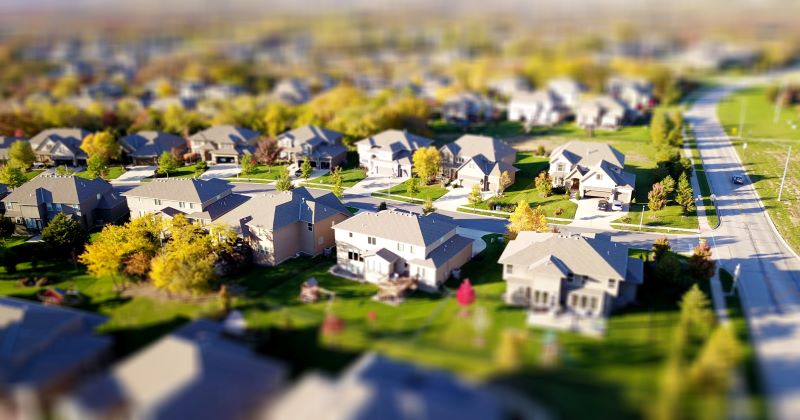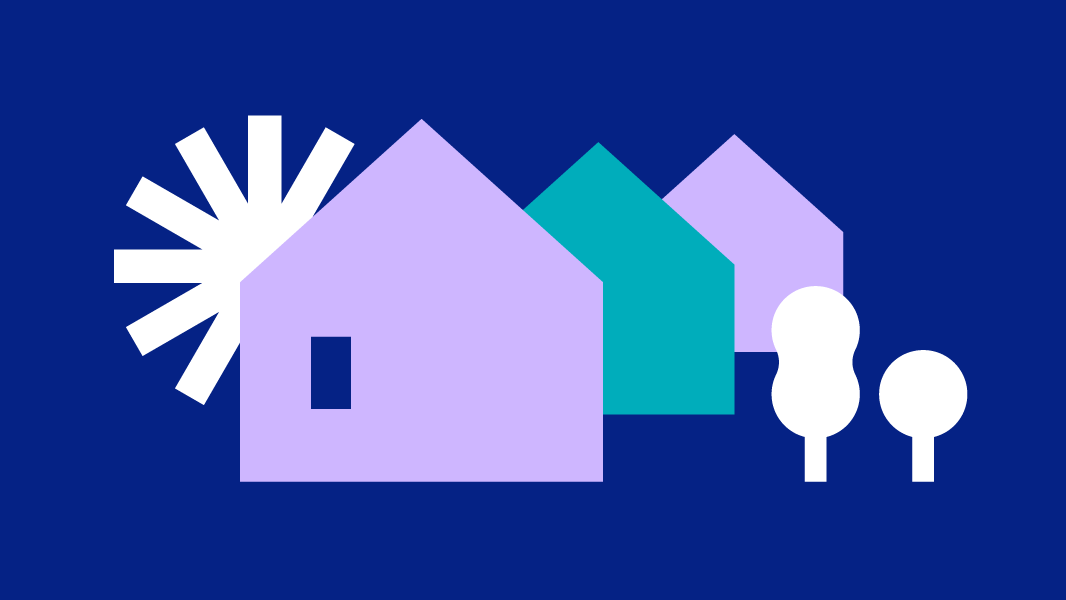The Role of Property Owners fit HOA Plans
In the world of homeowners' organizations (HOAs), the function of property owners in shaping plans holds considerable relevance. Homeowners are not simply occupants but energetic stakeholders in the neighborhood they reside in, with a beneficial interest in the regulations and laws that regulate their every day lives. Understanding just how property owners can add and influence to HOA policies is critical for promoting a harmonious living setting. By checking out the methods with which homeowners can affect decision-making processes, we discover a dynamic interplay that shapes the extremely essence of community living. Keep tuned to decipher the detailed web of homeowner interaction and its influence on forming HOA policies.
Value of Homeowner Interaction
Home owner involvement plays an essential duty in shaping the plans and choices of homeowners' associations (HOAs) When home owners proactively take part in the decision-making procedures of their HOA, they add varied perspectives that can result in more comprehensive and well-shaped policies. Engaged house owners are more likely to remain educated regarding HOA matters, participate in conferences, and provide useful comments on suggested plans. Their participation aids ensure that policies reflect the needs and choices of the area they represent.
Additionally, home owner involvement promotes a feeling of ownership and accountability within the area. They are extra likely to abide with these guidelines voluntarily when homeowners are entailed in shaping HOA policies. This can bring about a much more harmonious living setting where citizens collaborate towards common objectives and shared worths. Additionally, involved home owners are most likely to support HOA campaigns, which can cause smoother implementation and better general success.
Ways to Influence HOA Plans
Effective involvement in homeowners' organization (HOA) meetings and committees provides homeowners opportunities to influence and form HOA plans. Among the most direct methods homeowners can affect HOA plans is by actively getting involved and attending in HOA conferences. By voicing problems, proposing tips, and taking part in discussions during these conferences, homeowners can directly affect the choices made by the HOA board. Additionally, house owners can take into consideration running for settings on the HOA board or boards themselves. By coming to be board participants or committee leaders, property owners can directly affect the advancement and execution of HOA policies.
Additionally, property owners can work together with their next-door neighbors to create a united front when advocating for specific plan adjustments or efforts. By organizing petitions, performing studies, or holding neighborhood meetings, property owners can demonstrate the degree of assistance for their suggested policies and raise their possibilities of influencing the HOA's choices. Inevitably, by actively participating, engaging with fellow homeowners, and handling leadership duties within the HOA, house owners can efficiently influence and form HOA plans to much better show the requirements and preferences of the area.

Impact of Home Owner Involvement
The energetic involvement of residents in property owners' organization (HOA) activities substantially influences the plans and decisions governing the neighborhood. When home owners take part in HOA conferences, provide comments on proposed policies, and participate in conversations with the board participants, their input can shape the direction of the area. Homeowner involvement makes certain that the HOA board considers a diverse variety of perspectives before making decisions that impact the whole area.
Additionally, house owner engagement can lead to enhanced transparency within the HOA. By proactively participating in the decision-making procedure, homeowners can hold the board accountable for their actions and ensure that policies are executed relatively and in the very best rate of interest of the area in its entirety.
Moreover, when home owners proactively take part in shaping HOA plans, they really feel a greater feeling of possession and satisfaction in their area (hoa san antonio). This sense of participation cultivates a more powerful feeling of neighborhood and motivates citizens to interact towards common objectives, ultimately creating an extra desirable and harmonious living setting for all homeowners

Benefits of Energetic Property Owner Involvement
Energetic involvement by residents in home owners' organization tasks adds considerably to the improvement of neighborhood administration and cohesion. When homeowners proactively take part in HOA events, they bring important understandings and diverse point of views to the decision-making process. This involvement cultivates a sense of possession and obligation among locals, bring about an extra unified and natural area.
Furthermore, active homeowner involvement aids to ensure that HOA policies straighten with the needs and preferences of the neighborhood participants - hoa san antonio. By voicing their viewpoints and problems, residents can influence the advancement of policies and regulations that promote consistency and health within the neighborhood. This collective method not just reinforces community bonds but likewise improves the total quality of life for property owners
Furthermore, energetic home owner participation can lead to boosted openness and liability within the home owners' association. When residents are actively engaged in the governance process, there is greater oversight and scrutiny of web link decision-making, which can help avoid potential conflicts and make sure equitable and reasonable treatment for all members. Eventually, the benefits of active property owner involvement extend beyond individual homes to produce a more dynamic and flourishing community.

Developing a Community-Driven HOA
Provided the significance of homeowner participation in forming HOA plans, fostering a community-driven strategy is essential for the lasting governance and growth of the community. A community-driven HOA encourages citizens to actively join decision-making processes, making certain that plans reflect the varied requirements and choices of the neighborhood. By encouraging open interaction and collaboration in between homeowners and the HOA board, a feeling of shared obligation and ownership is grown, leading to boosted complete satisfaction and harmony within the area.
Producing a community-driven HOA entails establishing systems for homeowner comments, such as studies, town hall meetings, or pointer boxes, to gather input on crucial issues and prospective plan adjustments. Furthermore, advertising openness in HOA operations and decision-making processes cultivates count on and liability among locals. By valuing home from this source owner perspectives and engaging them in the governance of the neighborhood, a community-driven HOA can enhance total resident complete satisfaction, advertise a feeling of belonging, and contribute to the long-lasting wellness of the area.
Conclusion

In final thought, energetic homeowner engagement plays a vital duty in forming HOA plans. Creating a community-driven HOA requires continuous communication and teamwork in between home owners and the organization to make sure plans mirror have a peek here the requirements and preferences of the community.
In the world of homeowners' organizations (HOAs), the duty of homeowners in forming plans holds significant relevance.Home owner engagement plays a crucial function in shaping the plans and decisions of homeowners' organizations (HOAs)Reliable engagement in home owners' organization (HOA) meetings and boards uses citizens chances to form and affect HOA plans. Eventually, by actively participating, involving with fellow locals, and taking on management functions within the HOA, property owners can efficiently influence and form HOA plans to much better show the needs and choices of the neighborhood.
Furthermore, active home owner participation can lead to boosted transparency and accountability within the homeowners' organization.